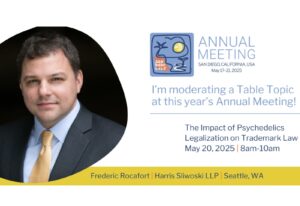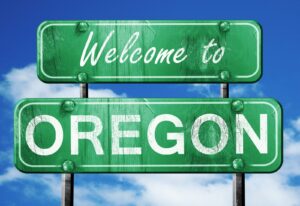Despite decades of stigma and legal barriers, recent years have brought a profound shift in attitudes towards psychedelics. Driven by scientific inquiry and a growing recognition of their potential therapeutic benefits, the benefits of psychedelics are being explored. In this blog post, we explore the impact of an unexpected catalyst driving progress in psychedelics research– the United States military.
Breaking through stigma: psychedelic research resurgence
For years, psychedelics like LSD and psilocybin languished under the shadow of stigma and legal restrictions. Scientific exploration and millions were denied access to potentially life-changing treatments. However, a resurgence of interest in psychedelic research has challenged these long-held beliefs, breathing new life into scientific inquiry and opening doors to innovative mental health therapies.
Veterans Affairs leads the charge
In a groundbreaking move, the Department of Veterans Affairs (VA) has embarked on clinical trials exploring psychedelic-assisted therapies for PTSD and depression among veterans. Spearheaded by Shereef Elnahal, the VA undersecretary for health, this initiative reflects a bold commitment to addressing the mental health needs of those who have served their country.
These efforts complement efforts by states and private actors in the field. As to the former, California has emerged as a pioneering hub for psychedelic research and innovation. Esteemed institutions such as the University of California, Berkeley and the California Institute of Integral Studies are leading groundbreaking studies on psychedelics. On the private entity side, FDA issued guidelines last summer in response to the ever-growing number of psychedelic drug development applications.
Regulatory navigation and progress
Despite regulatory hurdles and the Schedule I classification of substances like psilocybin and MDMA, the VA is forging ahead with research, securing necessary approvals from regulatory bodies such as the FDA and DEA. Parallel studies by the Defense Department further underscore a concerted effort to advance mental health care for military personnel, signaling a significant shift in approach and mindset.
Embracing a promising future
As we navigate the evolving legal landscape of psychedelics unlikely alliances are being formed to develop effective mental health treatments to veterans and civilians alike. Psychedelic-assisted therapies are offering a beacon of hope in the fight against debilitating mental health conditions. As the U.S. military joins states like California and the broader research community to push the boundaries of scientific inquiry, the potential of psychedelics to revolutionize mental health care is closer than ever before.
While we do not see the use of psychedelics becoming mainstream any time soon, new research and clinical trials will pave the way for broader acceptance.

























